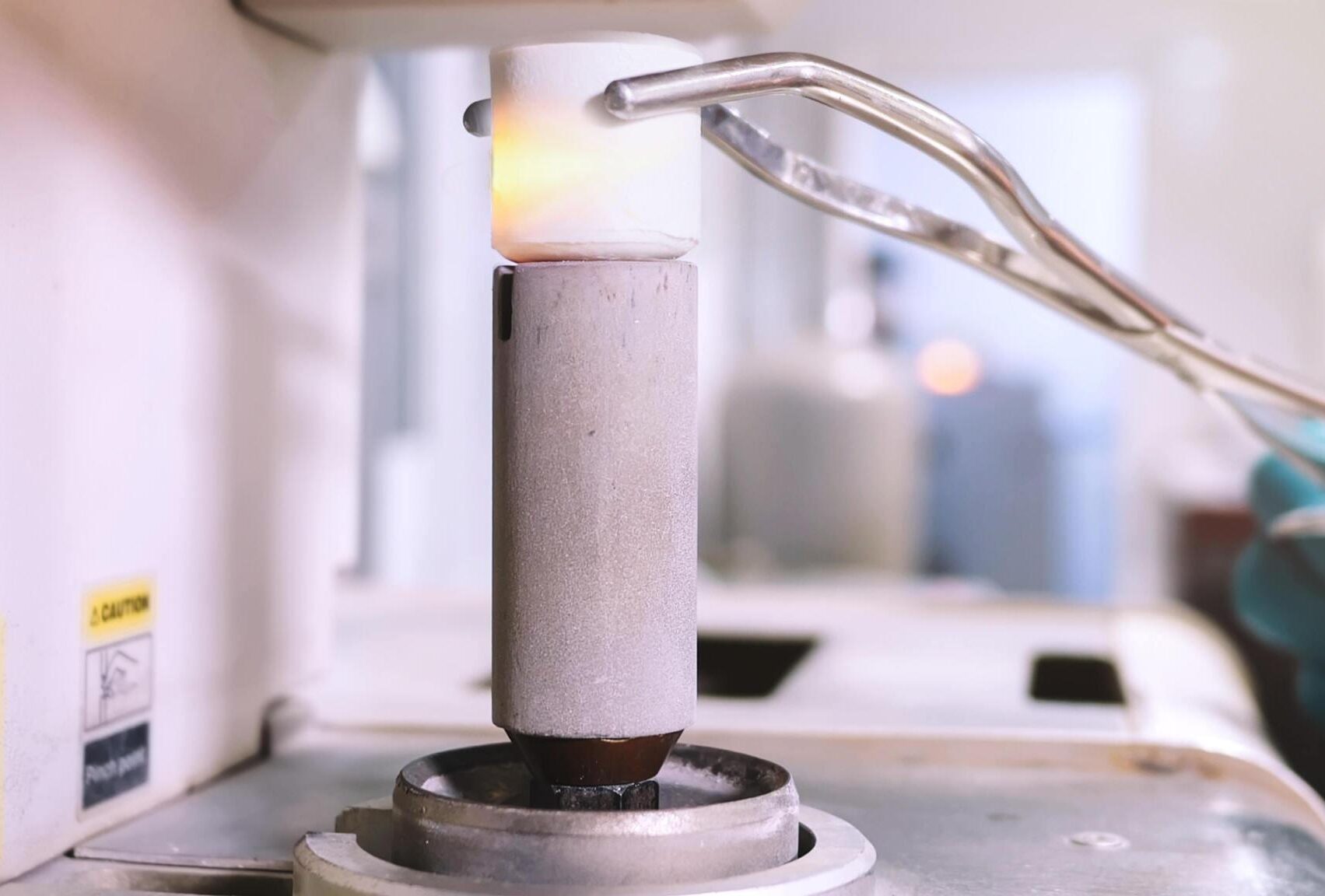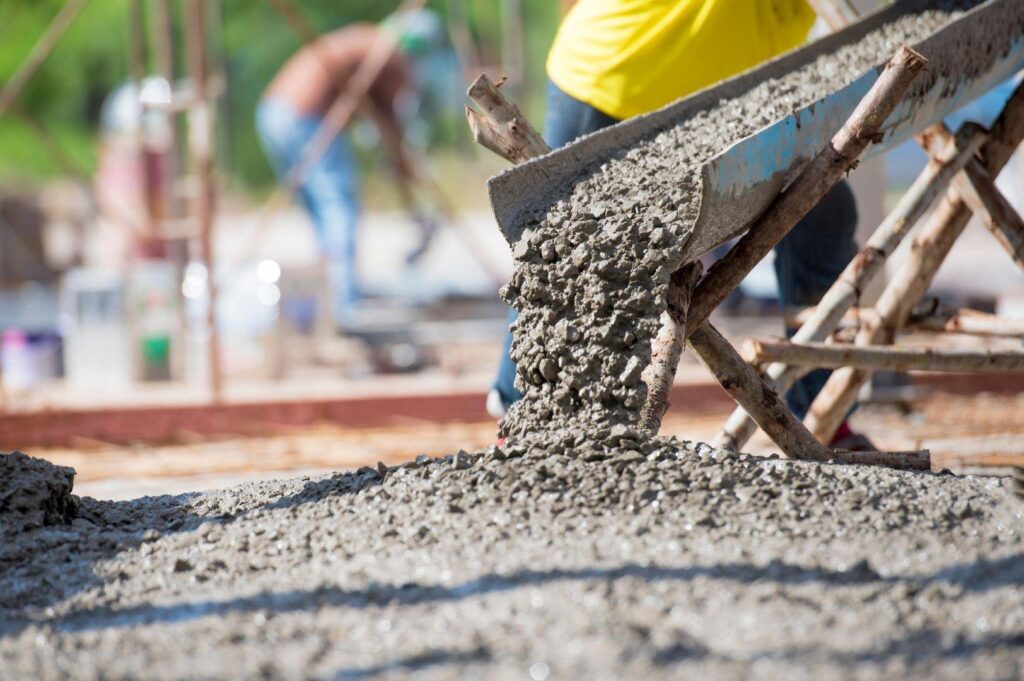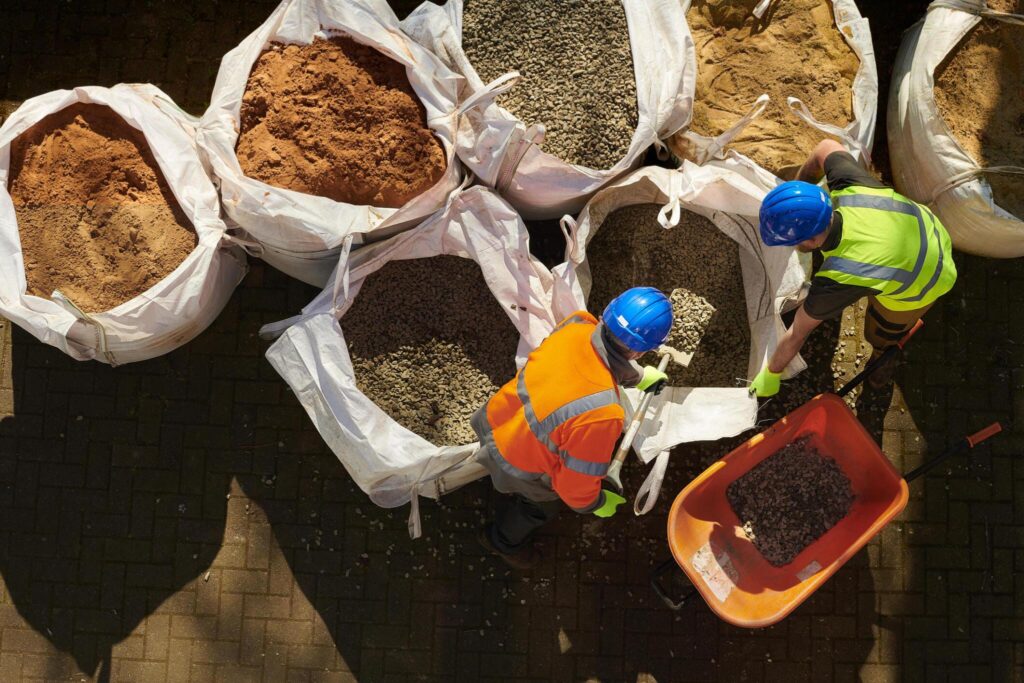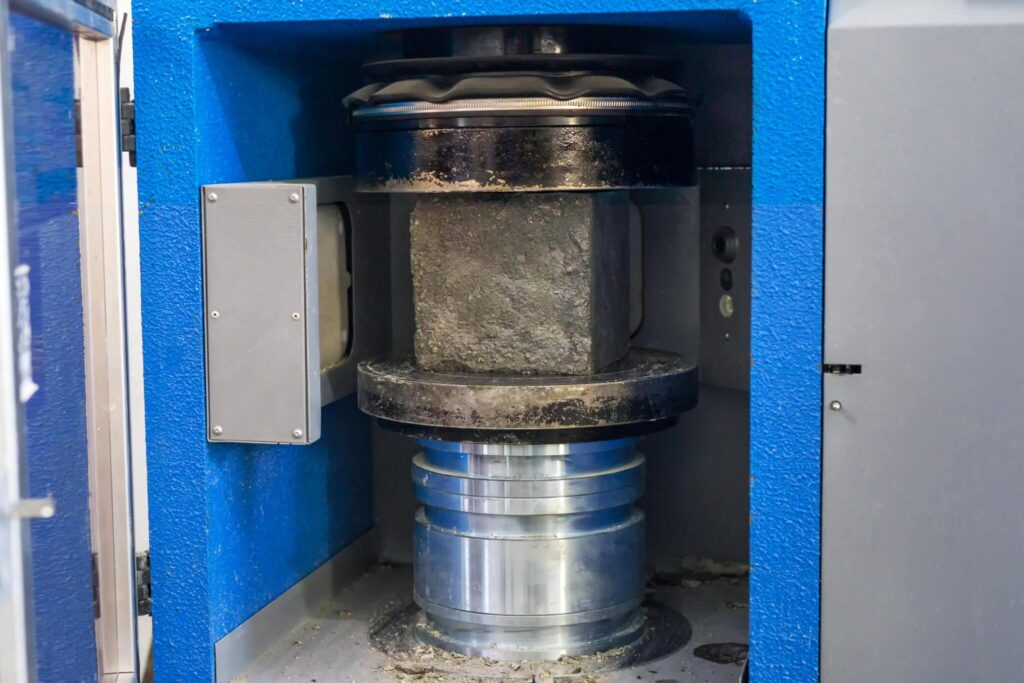In the fast-paced world of construction, where budgets are tight and deadlines loom large, the temptation to cut corners can be strong. However, when it comes to material testing, especially for crucial components like concrete, skimping on quality can be a false economy. While the upfront cost of testing might seem like an additional expense, the long-term benefits it provides far outweigh the potential costs associated with using untested or substandard materials.
The Hidden Costs of Poor Quality
Imagine this scenario: to save on costs, a contractor decides to forgo testing of the concrete mix for a new building project. The immediate benefit is a lower initial price tag. However, this seemingly small decision can snowball into a series of unforeseen problems down the line:
- Construction Delays: Untested concrete may not meet the required strength specifications, leading to delays while the mix is reformulated or remedial actions are taken. These delays translate to lost time, disrupted schedules, and additional labor costs.
- Rework and Repair: Cracks, leaks, or structural deficiencies arising from weak or improperly proportioned concrete necessitate costly repairs and rework. This not only eats into project budgets but also extends timelines and potentially delays occupancy.
- Safety Concerns: Compromised concrete strength can pose a safety risk in the long run. The building may be more susceptible to damage from environmental factors or overloading, potentially leading to structural failures with severe consequences.
- Reduced Building Lifespan: Poor quality concrete deteriorates faster, requiring more frequent maintenance and potentially leading to a shorter overall lifespan for the building. This translates to higher replacement costs down the road.
The Value Proposition of Quality Testing
Here’s where material testing enters the picture. By investing in quality testing at the outset, you gain a multitude of benefits that contribute to a smoother, more cost-effective construction process:
- Peace of Mind: Testing provides assurance that the materials being used meet the project specifications, reducing the risk of unforeseen issues and costly delays.
- Optimized Mix Design: Testing allows for fine-tuning the concrete mix to achieve the desired strength and performance characteristics while potentially using more cost-effective materials.
- Early Detection of Issues: Testing identifies potential problems with the materials early on, allowing for corrective actions to be taken before they become major issues during construction.
- Reduced Rework: By ensuring the quality of materials, testing helps to minimize the need for rework and repairs, saving time and money during construction.
- Increased Building Lifespan: High-quality concrete, verified through testing, leads to a more durable and long-lasting building, reducing future maintenance costs and maximizing the return on investment.
Investing in Quality: A Smart Business Decision
While the upfront cost of material testing may seem like a burden, it’s crucial to view it as an investment in the long-term success of your project. The benefits of testing far outweigh the potential costs associated with using untested materials. Here at MERL, we offer a comprehensive suite of material testing services designed to meet your specific needs and budget. Our team of experts can guide you through the testing process and ensure that you have the information necessary to make informed decisions about your construction project.
Beyond Cost Savings: The Broader Benefits
The advantages of quality testing extend beyond just saving money. By ensuring the use of high-quality materials, we contribute to:
- Safer Buildings: Stronger, more durable structures translate to safer environments for occupants – a critical factor in any construction project.
- Sustainability: Testing helps to optimize material usage and minimize waste, promoting a more sustainable approach to construction.
- Building Confidence: When stakeholders are confident in the quality of materials used, it fosters trust and confidence in the overall project’s success.
In conclusion, material testing is not just about adhering to standards – it’s about making smart business decisions. By investing in quality testing, you gain peace of mind, ensure the longevity of your project, and contribute to a safer, more sustainable future for the Maldivian construction industry. At MERL, we are committed to partnering with you to achieve these goals. Contact us today to discuss your testing needs and discover how we can help you build with confidence.




